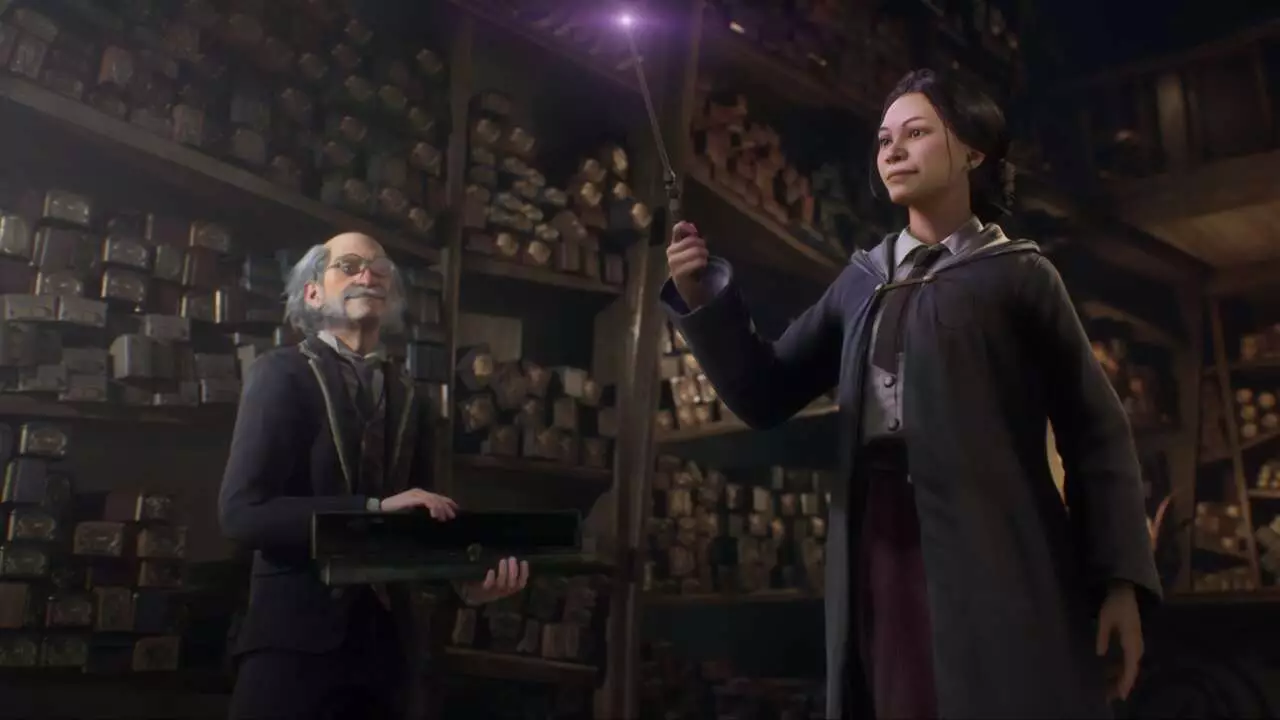The gaming world has been electrified by the massive success of Hogwarts Legacy, a game that transports players into the enchanting universe of Harry Potter. However, the revelation that the anticipated expansion and Definitive Edition of this popular title will not see the light of day has rattled many fans and industry insiders alike. Initially hinted at through reports, these projects, though never officially confirmed, were expected to enhance the game experience with fresh storylines and bundled content. The abrupt cancellation comes as a shock, especially for fans who imagined diving deeper into the beloved wizarding world with what should have been a robust expansion.
Corporate Dynamics and the Decision-Making Process
Warner Bros. Discovery’s decision reflects more than just financial prudence; it symbolizes the tumultuous restructuring within its video game division. High-profile cancellations, including other projects like a Wonder Woman game, signal a significant re-evaluation of priorities. With sources indicating that the planned expansion lacked sufficient content to justify its price, it raises questions about how major corporations evaluate the worthiness of projects. Are the artistic visions getting stifled in favor of dollar signs? How much emphasis will be placed on profitability over passion in future gaming endeavors? It remains to be seen if these questions will resonate with the executives making these significant decisions.
The Future: Focused IP Strategy
In a bold statement about its future direction, Warner Bros. has announced plans to concentrate its efforts on a mere four established intellectual properties: Harry Potter, Game of Thrones, Mortal Kombat, and DC. This tightly-knit approach suggests a deliberate strategy to double down on what has historically resonated with fans. Yet, it also begs the question: if developers are bound to certain IPs, how does that stifle creativity? The gaming industry thrives on innovation, and narrowing the focus on a select few franchises could lead to a stagnation of new ideas.
Hogwarts Legacy: Success Despite Controversy
Hogwarts Legacy’s success, especially amid controversies surrounding J.K. Rowling’s views, showcases the complexities of consumer relationships with brands and creators. It highlights the phenomenon of separating art from the artist—a notion that continues to be debated fiercely. The game triumphed as the best-selling game of 2023 in the U.S., outperforming fiercely competitive titles. This begs us to ponder: what does the success of a game mean for its broader ethical considerations? Does commercial success absolve the foundation it’s built upon?
The Road Ahead: Sequel and Expectations
Despite the cancellation of the expansion, optimism remains alive with the confirmation that Avalanche Software is working on a sequel. The announcement of Hogwarts Legacy’s sequel as a “biggest priority” for the company underscores a recognition of the game’s potential for future storytelling and innovation. Yet, with Warner Bros. shifting its focus, the pressure to exceed its predecessor’s success will be immense. Fans will undoubtedly be watching closely, not just for gameplay mechanics or visuals, but also for how the redesigned company ethos informs the game’s development and resonance within the broader gaming landscape.

